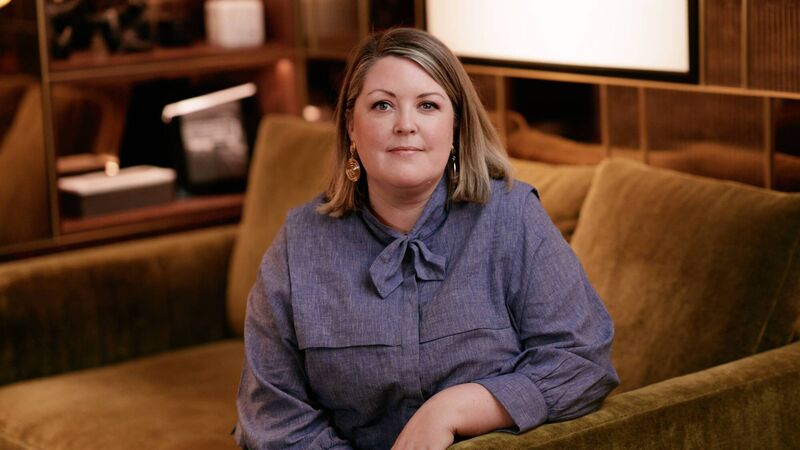Catherine Ryan Howard on her new book and her dreams of living in East Cork

Catherine Ryan Howard at The Fitzwilliam Hotel, Dublin. Picture: Bríd O’Donovan
“I think especially over the last couple of years, I’ve really reasserted my stance: that the only thing I can do, the only thing I’ve control over, is what I write,” says Cork crime and thriller writer Catherine Ryan Howard, as we chat over a cappuccino in a Dublin hotel bar.
“I need to keep writing the kind of books that I want to read. And so even if everything goes to pot, at least you can say ‘I wrote the book I wanted’. But it’s difficult sometimes to maintain that ideal.”




